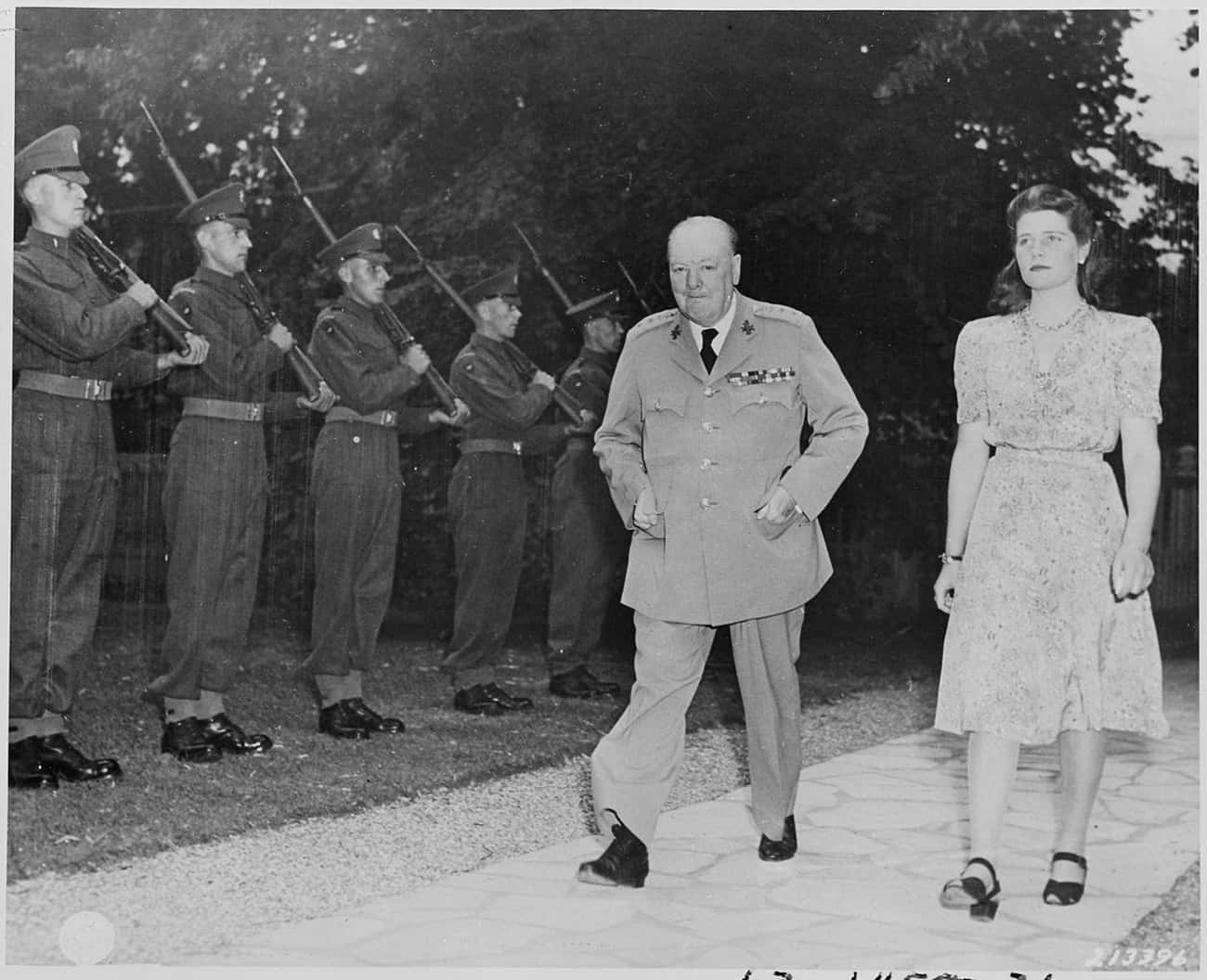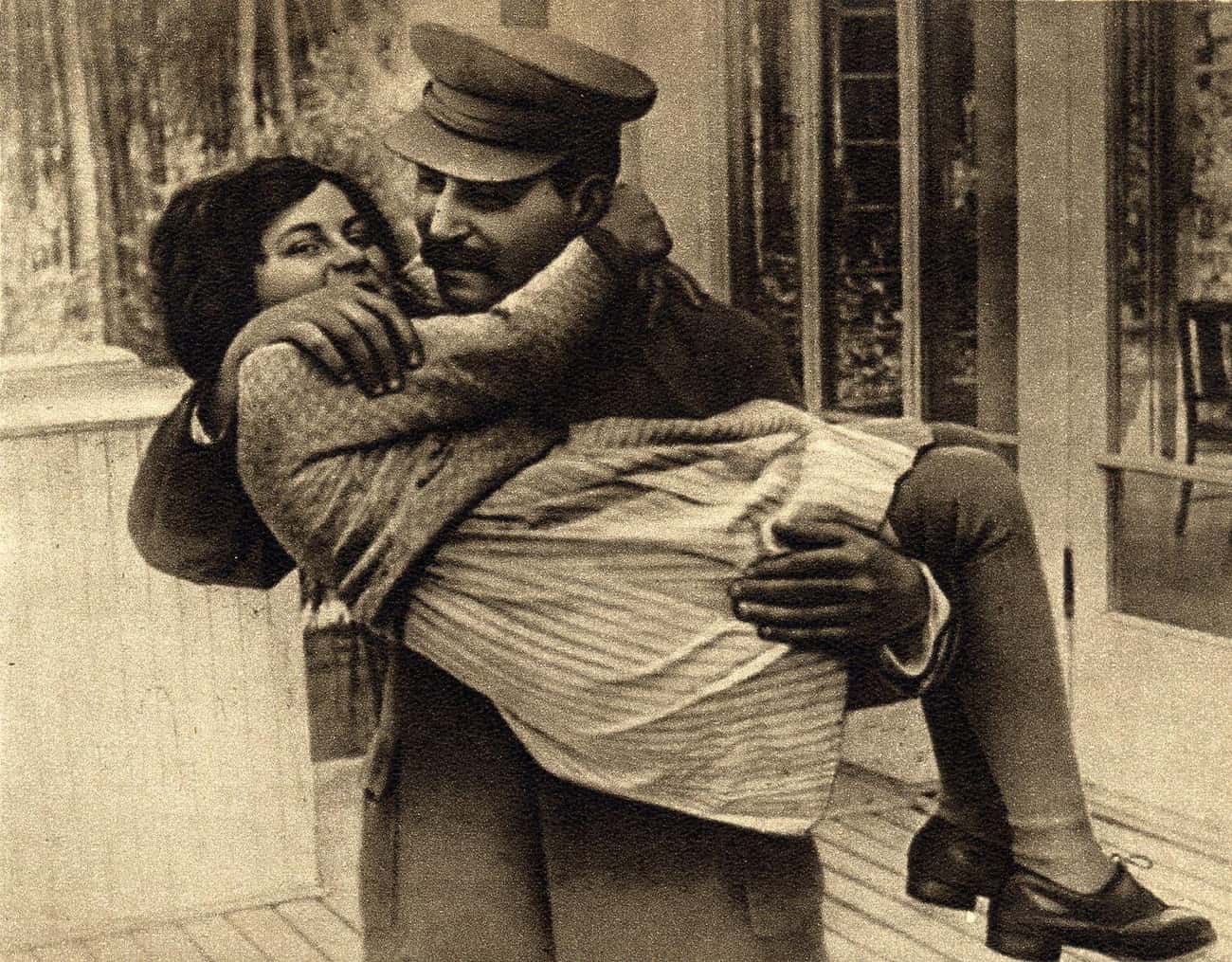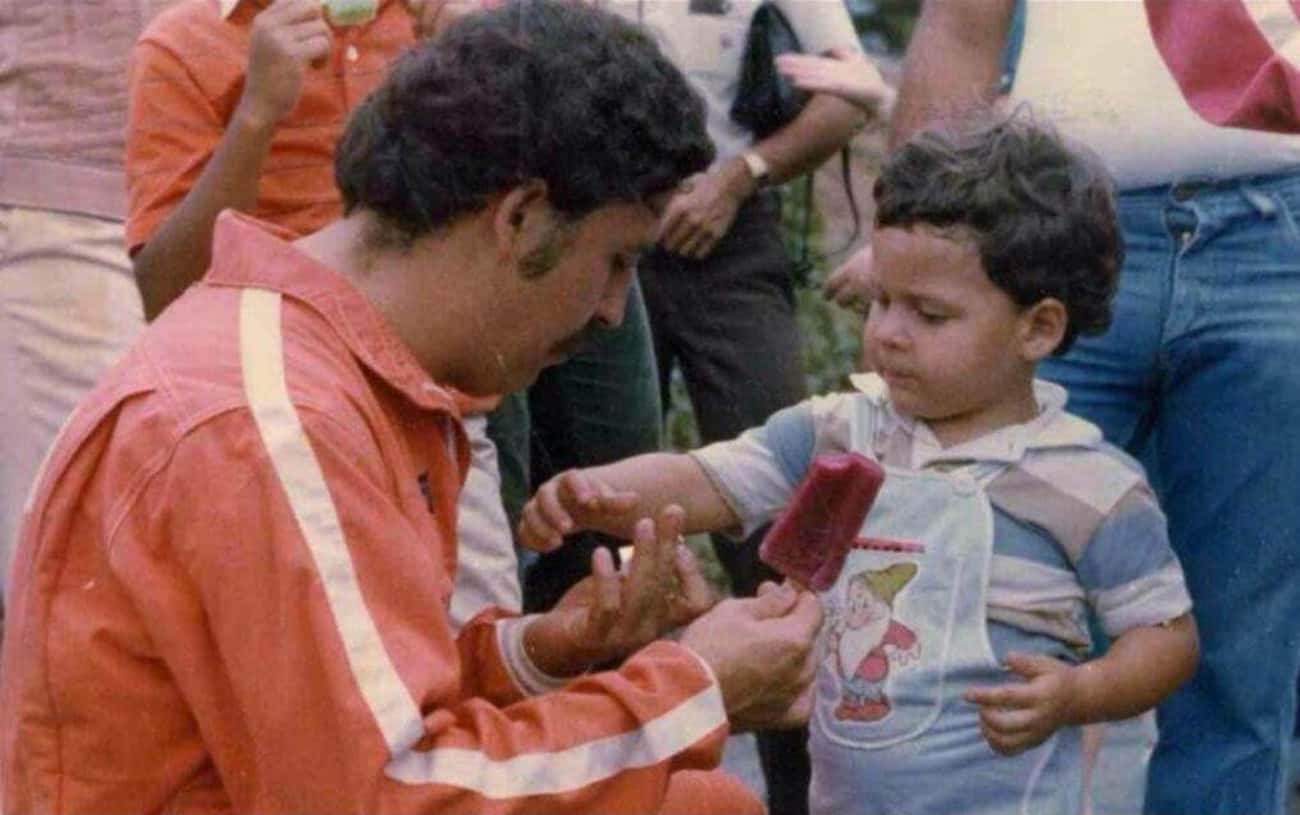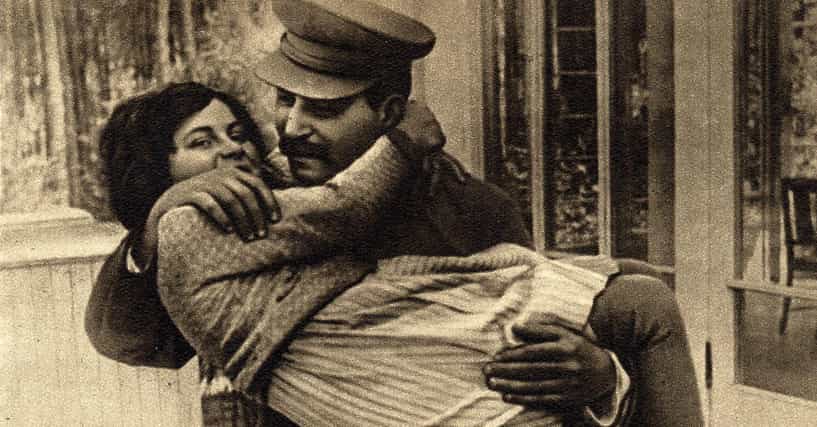A textbook summary of a few paragraphs detailing key dates, events, and actions that made them historically important is often what we see when learning about historical figures. It’s hard to see these figures as real, three-dimensional people, with mothers, fathers, sisters, brothers, and children of their own, if you look at the textbook version.
Whether they stood out forever as a legend or a scalawag (or, as on account of a portion of these dubious authentic figures, both) they had lived in the background that doesn’t be guaranteed to fit the story of their public persona. From political pioneers to spies to top dogs to researchers – these polarizing authentic figures showed an alternate side to their families, especially to individuals who referred to them as “Mother” or “Father.”
Some of the children of big names in history had a lot to say about their parents’ legacies, while others struggled to carve their own path away from their famous family name. These firsthand accounts from the kids of controversial historical figures made us see them in a whole new light.
1. Winston Churchill’s Daughter Said He ‘Always Came First, Second, And Third’

However proclaimed as the deliverer of Britain (and at times the world) from dictatorship, the “bulldog” head of the state, Winston Churchill, had a more obscure side. His political vocation was damaged by his solid colonialist and supposedly bigoted perspectives. One eminent model was the Bengal starvation in 1943 when Churchill would not send help as a huge number of Indians under British rule starved to death, which he faulted on them for “reproducing like hares.”
Mary Soames said her father was a very self-centered man who lived life on his own terms. As a child, she was mostly left in the care of her mother’s cousin as her father’s career dominated her mother’s life:
“When it came to holidays… it was always Nana who took me. Holidays are a great part of childhood, and that is where Mummy lost out because of the intensity of her life with Father. He always came first, second, and third.”
Of her parent’s marriage, Soames remembered:
“Mummy could be very freezing and cutting if she was angry. Yet she wasn’t at all a cold figure. Underneath, she was really boiling with passion. She once threw a dish of spinach at my father, though she wasn’t a bad-tempered woman, and recovered very quickly. Father, on the other hand, was frightfully noisy when he lost his temper…
My parents weren’t social. Their world was a trade world. One lived one’s life by the sitting and rising of the House of Commons. They weren’t part of society – their friends came mainly from politics… And they despised cafe society.”
2. Joseph Stalin’s Favorite Daughter Defected From The Soviet Union.

Stalin was known to many as one of the biggest mass murderers in history, and to his supporters as a WWII hero, but he was simply a doting dad.
Alliluyeva was often said to be her father’s favorite child. Things changed after her mother’s death. When she was 6 years old, Alliluyeva was told that her mother had passed away, but she didn’t learn she had taken her own life until she was 15.
Alliluyeva wrote that “the whole thing almost drove her out of her mind. Something in me was destroyed. I was no longer able to follow my father’s orders.”
Alliluyeva said that her father broke her life twice, the first being when he sent her older boyfriend to a labor camp as he didn’t approve of the relationship. He said she should pursue history instead of literature and arts.
Stalin passed off a stroke in 1953. Though Alliluyeva said she still felt love and grief for her father, she wrote of his passing:
“God grants an easy death only to the just… The death agony was horrible. He literally choked to death as we watched. At what seemed the very last moment, he suddenly opened his eyes and cast a glance over everyone in the room. It was a terrible glance, insane or perhaps angry, and full of the fear of death…”
Alliluyeva couldn’t escape her father’s shadow despite the freedom she sought in the US. “I don’t any longer have the pleasant illusion that I can be free of the label “Stalin’s daughter.” You can’t regret your fate, though I do regret my mother didn’t marry a carpenter.”
3. Pablo Escobar Advised His Son Not To Do Drugs.

At the stature of Pablo Escobar’s power, he controlled 80% of the worldwide cocaine exchange. The Colombian head honcho kept up with command over his domain with savage demonstrations of savagery, killing writers, police, and legislators that held him up. All things considered, Escobar was known to give liberally to the local area and is recollected by certain Colombians as a Robin Hood-like figure.
When his father was killed by the police in 1993, his son changed his name to Sebastian Marroquin. He remembered:
“I spoke to him ten minutes before. He said, “I’ll call you later.” That was the last time I heard his voice. I didn’t know he was dead until a journalist told me on television and I went mad. I threatened the country and said that if my father was truly dead, I would kill everybody. Of course, I regret those words now.”
Regarding his father’s offenses and legacy, Marroquín stated:
“I want to make clear that my father is 100 percent responsible for his criminal acts. But I also want to make clear that, as a father, he was a wonderful man. We were very close friends. He always talked to me very straight and without any doubts.”
Marroquin remembered his father talking to him about illegal substances:
“When I was eight years old… he sat me down and told me about drugs. He explained to me every drug that was available and the consequences of doing them. He said, “A great man is the one who doesn’t do drugs.” But he knew I was surrounded by [them]. All my friends had tried them. So he said, “When you become curious about it, just call me and we will do them together.”
By the time we had this conversation, my father was moving mostly cocaine, a lot of it. It was the biggest business in the world. But the only drug he tried personally was [cannabis]. He never tried heroin because he was very aware of how addictive it could be. He was very aware of that.”









